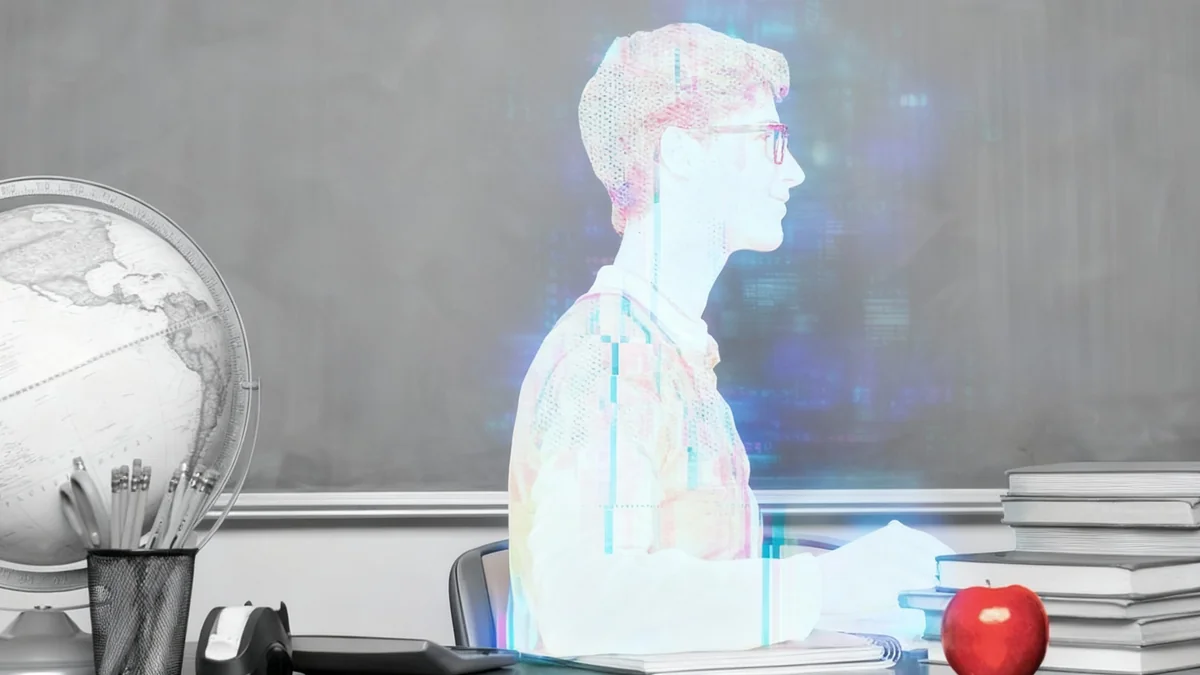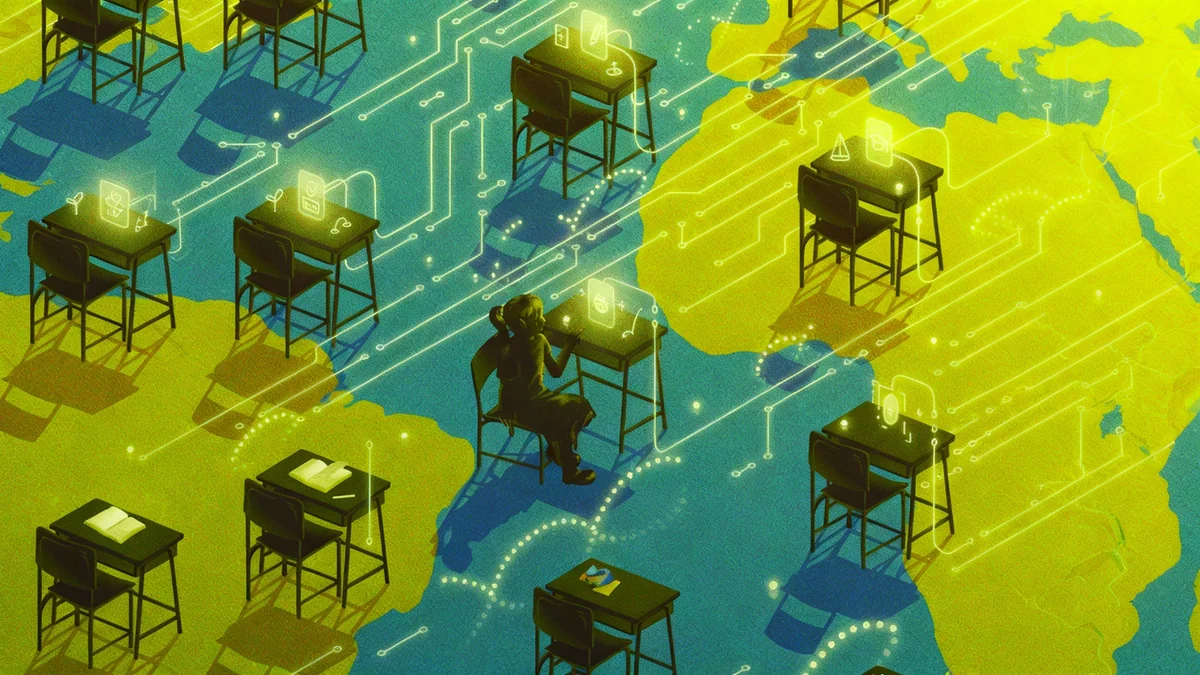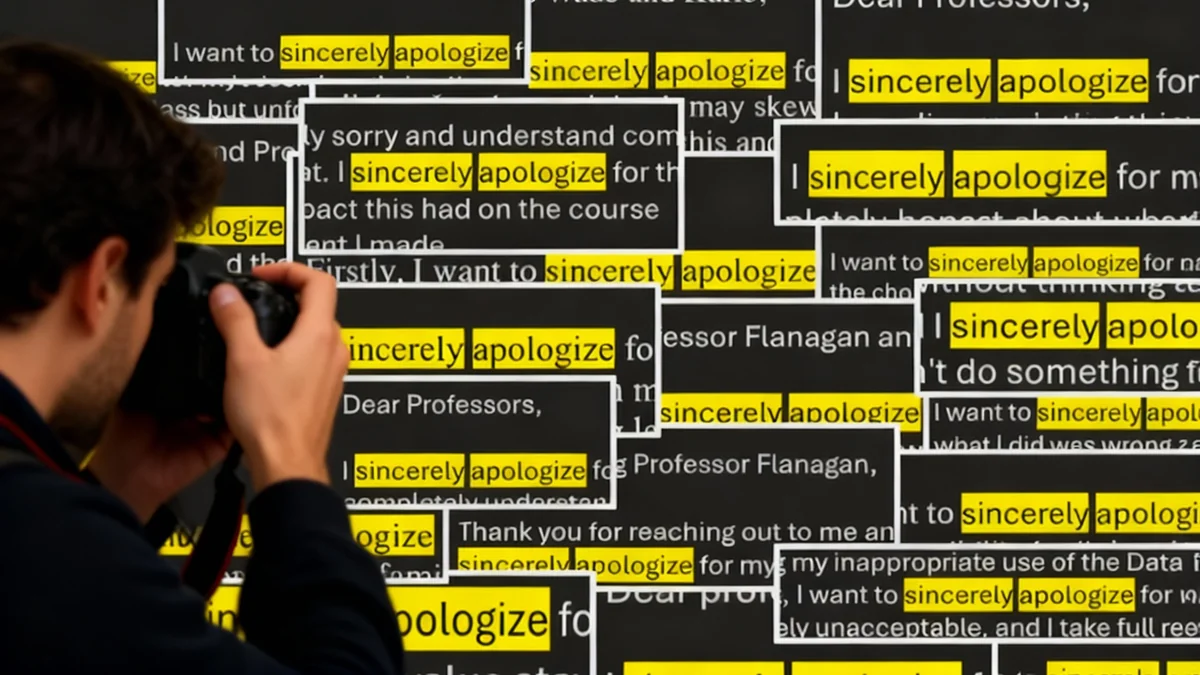As artificial intelligence tools become more accessible, students across the country are facing a new dilemma: whether to use AI for their school assignments. This decision involves balancing potential academic advantages against concerns about personal development and tool accuracy.
Key Takeaways
- Many students prefer traditional methods over AI for schoolwork.
- Concerns about AI bias and inaccuracies influence student choices.
- Educators are adopting varied policies on AI use in classrooms.
- Developing independent thinking remains a priority for some students.
The Student Perspective on AI Adoption
Many students express reservations about relying on artificial intelligence for academic tasks. For example, Ellen Rugaber, a 16-year-old student in Arlington, Virginia, chooses not to use AI despite some of her teachers allowing it.
She believes that completing assignments independently is a crucial part of personal growth. "It's part of growing up to learn how to do your own work," Rugaber stated. This sentiment highlights a desire among some students to cultivate their own intellectual capabilities rather than offloading cognitive tasks to machines.
Fact: Developing Independent Thought
Some educators and students argue that relying too heavily on AI tools can hinder the development of critical thinking, problem-solving skills, and independent research abilities, which are foundational to academic success and personal growth.
Concerns About Bias and Accuracy
Beyond the philosophical aspects of learning, practical concerns about AI tools also influence student decisions. Rugaber pointed out worries regarding the potential for bias and inaccuracies in AI-generated content. These issues can compromise the quality and integrity of schoolwork.
The reliability of AI outputs is a significant consideration. Students must assess if the information provided by these tools is factual and unbiased, which often requires additional verification. This extra step can sometimes negate the time-saving benefits AI promises.
Educator Approaches to AI in the Classroom
The varied policies among teachers regarding AI use reflect a broader debate within educational institutions. Some educators are experimenting with incorporating AI as a learning aid, while others maintain stricter rules to ensure original student work.
This evolving landscape means students encounter different expectations depending on their specific courses and instructors. Navigating these diverse guidelines requires students to be adaptable and informed about each teacher's stance on AI integration.
Context: AI in Education
The rapid advancement of AI technology has presented both opportunities and challenges for the education sector. Tools like large language models can assist with research, drafting, and even personalized learning. However, they also raise questions about academic integrity, skill development, and equitable access.
The Importance of Original Work
The discussion around AI in schools often circles back to the value of original thought and effort. Many students, like Rugaber, prioritize the learning process itself over simply achieving a correct answer through automated means.
Creating work from scratch helps students develop a deeper understanding of subjects. It also fosters skills in research, analysis, and synthesis that are essential for higher education and future careers. The act of thinking through a problem independently builds confidence and intellectual resilience.
- Skill Development: Independent work strengthens critical thinking and analytical abilities.
- Knowledge Retention: Engaging directly with material improves memory and comprehension.
- Personal Responsibility: Completing tasks without shortcuts instills a sense of ownership over one's learning.
Future Implications for Learning
As AI technology continues to evolve, its role in education will likely expand further. This raises important questions about how future generations will learn and how educational systems will adapt.
Schools and policymakers face the task of developing comprehensive strategies for AI use that support learning objectives while mitigating potential drawbacks. This will involve ongoing dialogue between students, educators, parents, and technology developers.
The conversation is not just about banning or embracing AI, but about understanding its appropriate application. The goal is to leverage technology to enhance learning without undermining fundamental educational principles.
"The core of education should always be about fostering human intelligence and creativity, not replacing it," stated a local education advocate. "AI can be a tool, but it should not be the primary driver of learning." This perspective underscores the ongoing debate about AI's place in academic settings.
Ultimately, the choice to use AI in schoolwork remains a personal one for many students, influenced by individual values, teacher policies, and concerns about the technology's inherent limitations. The ongoing dialogue will shape how future students approach their academic journeys in an increasingly AI-integrated world.





